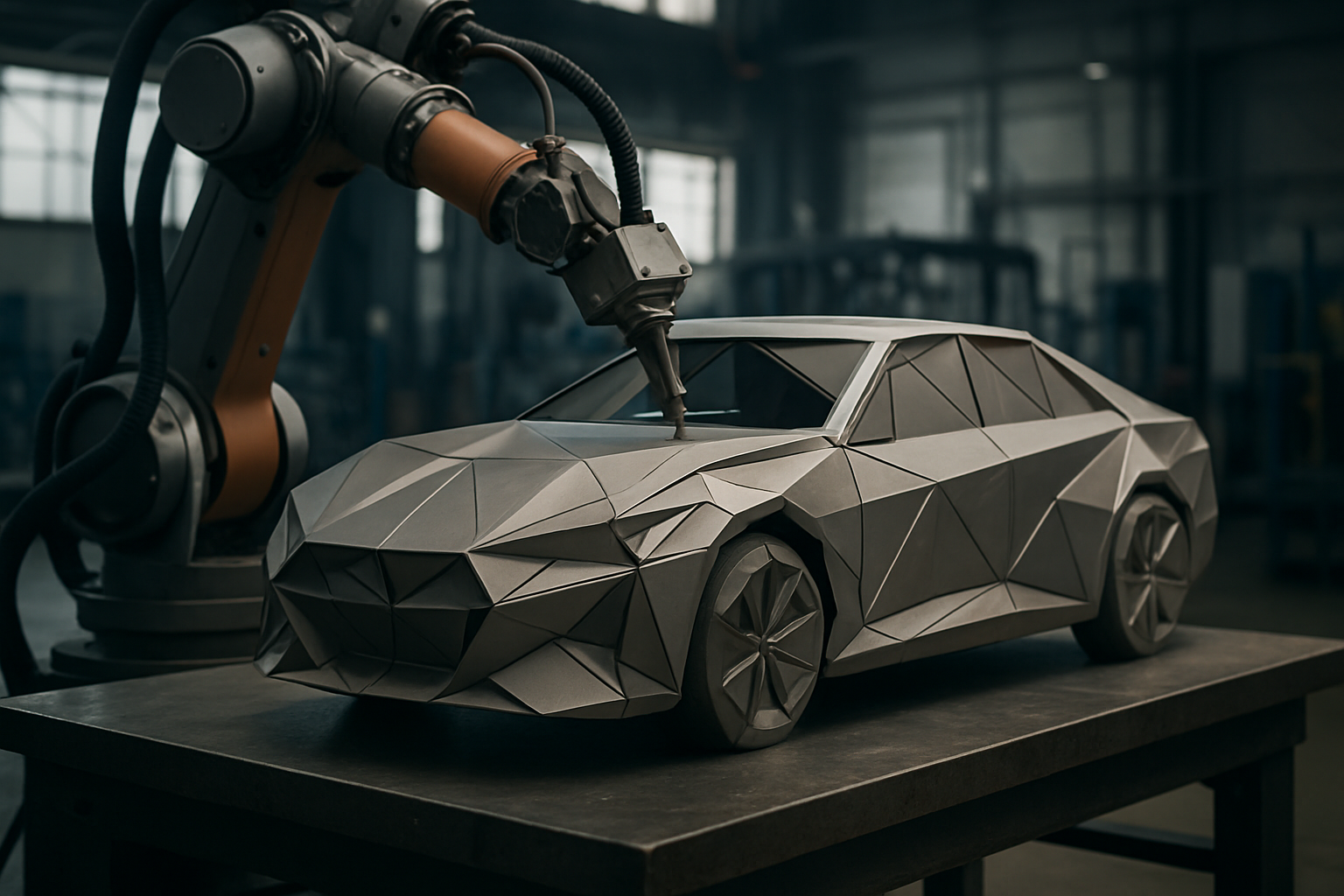Electric Vehicle Jobs: Roles, Skills, and Industry Outlook
The shift to electric vehicle technologies is creating diverse employment opportunities across engineering, manufacturing, and the broader automotive sector. This article explains common roles, the skills employers seek, how Japan's automotive industry fits into the picture, and practical pathways to enter EV-related work in your area. Information focuses on observable industry patterns rather than predictions.

Electric vehicle design and engineering
Design and engineering roles in the electric vehicle field cover mechanical, electrical, and software responsibilities. Mechanical engineers adapt chassis and thermal systems for battery packs and electric drivetrains. Electrical and powertrain engineers design motor controllers, inverters, and high-voltage wiring. Software engineers work on battery management systems (BMS), vehicle control units, and embedded diagnostics. Systems engineering coordinates these disciplines to meet safety and regulatory requirements. Many engineering roles now require cross-disciplinary knowledge, combining classical automotive skills with control theory, embedded software, and familiarity with standards for functional safety.
Manufacturing roles in EV production
Manufacturing work for electric vehicles ranges from assembly line operators to process engineers and industrial automation specialists. Technicians assemble battery modules, integrate power electronics, and validate mechanical joins to ensure durability under vehicle loads. Process engineers optimize workflows for battery cell handling, pack assembly, and quality control steps. Robotics and automation roles are increasingly important for repetitive or hazardous steps. Quality assurance and reliability testing are also critical, since EV components such as batteries and inverters require strict lifecycle testing and traceability during production.
Automotive supply chain and component careers
The automotive supply chain supporting EVs includes battery suppliers, semiconductor firms, electric motor manufacturers, and parts makers transitioning from ICE (internal combustion engine) components. Procurement, supplier quality engineering, and logistics roles focus on securing materials like cathode precursors and power semiconductors while managing lead times. Test labs, certification houses, and aftermarket services create positions in validation, compliance, and diagnostics. Professionals with experience in materials science, electronics packaging, or thermal management often find transferable roles in component development and supply chain optimization.
Job opportunities in Japan’s EV sector
Japan’s automotive industry has a long-established engineering and manufacturing base, and many companies there are adapting to electrification. Major Japanese manufacturers, along with a network of parts suppliers and research institutions, create opportunities in battery development, traction motors, and vehicle integration. Work in Japan may emphasize precision manufacturing, reliability testing, and industrial automation. For non-residents, roles may require language skills and familiarity with local standards and business practices. Job seekers can look for positions with vehicle makers, component suppliers, or research collaborations with universities and local services that support industry transitions.
Skills employers seek in electric vehicle careers
Employers typically seek a blend of technical and soft skills. Technical requirements often include fundamentals in power electronics, battery chemistry basics, embedded software, CAD and simulation tools, and experience with test equipment. Familiarity with automotive standards such as ISO 26262 (functional safety) and EMC testing is a plus. Soft skills include cross-disciplinary communication, project management, and problem-solving in fast-evolving product cycles. Continuous learning—through certifications, workshops, or on-the-job training—helps candidates keep up with rapid technology changes in the EV ecosystem.
Training and transition into electric vehicle careers
Transitioning into EV roles can follow several pathways: upskilling within an existing automotive job, completing targeted courses in power electronics or battery technology, or pursuing internships and apprenticeships at manufacturers and suppliers. Universities and technical schools often offer specialized programs in automotive engineering with EV tracks. Online courses and vendor training cover battery management, motor drives, and embedded systems. For hands-on skills, seek opportunities with local services, labs, or makerspaces that provide practical experience with diagnostics, assembly, and testing equipment. Networking with professional associations and attending industry events helps identify openings and partnerships.
Conclusion
Electric vehicle jobs span engineering, manufacturing, supply chain, and research roles across the automotive landscape. The sector rewards interdisciplinary skills—particularly in electronics, software, and systems integration—and offers routes for professionals to transition through targeted training and on-the-job experience. Regional industry structures, including those in Japan, influence role types and hiring practices, so job seekers should explore opportunities and training options relevant to their local market and career goals.






